Grindr loses nearly HALF of its 178 staff after workers were mandated to work in person in the office two days a week
Grindr loses nearly HALF of its 178 staff after employees ordered to work in-person at the office two days a week
- LGBTQ dating app Grindr lost 45 percent of its employees
- The loss of nearly half their workforce came after a return-to-office policy forced workers to relocate or resign
- The company’s employees had only joined a union two weeks earlier
Grindr lost 45 percent of its workforce after its LGBTQ dating app forced employees who refused return-to-office policies to resign.
The West Hollywood-based company enforced a strict policy that required employees to show up to work in person at least two days a week.
The return-to-office mandate came two weeks after the dating app staff united with representation from the Communications Workers of America.
According to staffers, Grindr’s CEO George Arison never announced a policy change and said they were keeping their options open with no plans for change in the next six months.
Despite what the CEO said, Grindr issued an ultimatum to employees that forced employees to either move to one of its office locations, which would require a move, or resign from the company. About 80 of the 178 employees chose to resign.
Grindr employees are members of the Communications Workers of America union
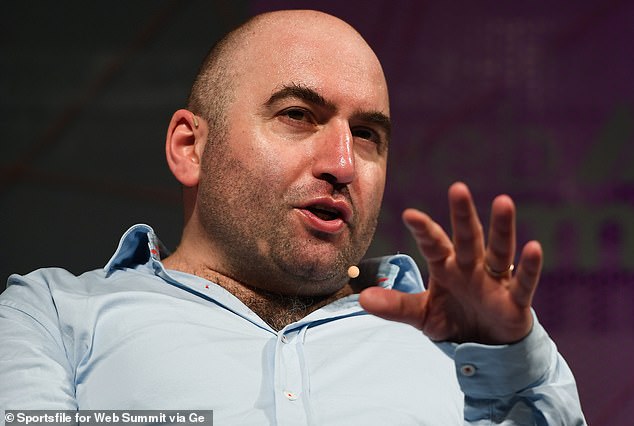
George Arison was named CEO of queer dating app Grindr in September 2022
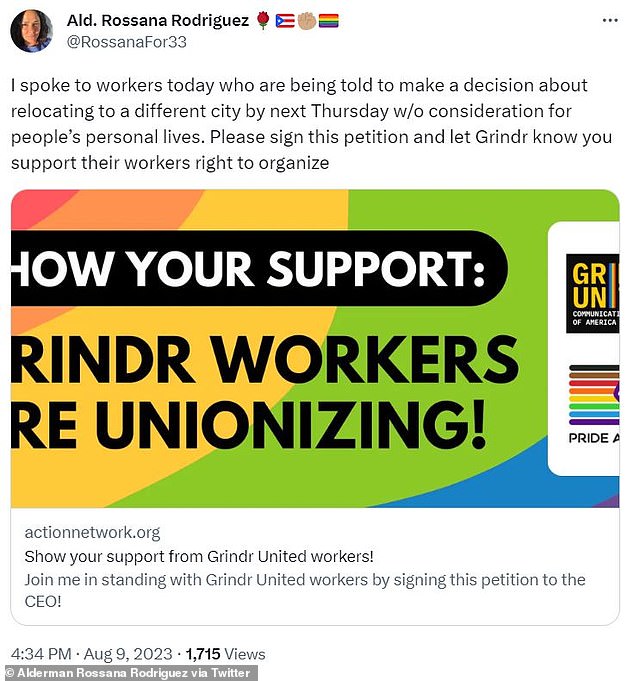
Employees spoke out about Grindr being given an ultimatum to move or resign and defended their right to unionize
The union estimates that 70 percent of the engineering team, 80 percent of the product department and 85 percent of the product design team were forced to resign after the first phase of the return-to-office policy.
Grindr offered six months of severance pay to employees who couldn’t relocate and who disagreed with office policies.
The CWA claims in a statement that the layoff package was an attempt to silence workers about their working conditions.
The West Hollywood-based company offered a relocation allowance for the remaining employees.
Company spokesperson Sarah Bauer claims the new office policy had nothing to do with employees’ decision to join a union, saying: “We respect and support the rights of our team members to make their own decision to take on trade union representation.’
Bauer also said Grindr began transitioning to face-to-face work in April as the company began to focus on their Chicago hub, where they hired engineers.
In a screenshot viewed by WIRED – Grindr’s interim head of HR posted a Slack post about remote work saying that “nothing changes yet for our current team” and that in-person hubs would only be relevant for hiring new hires.

Grindr is headquartered in West Hollywood, California
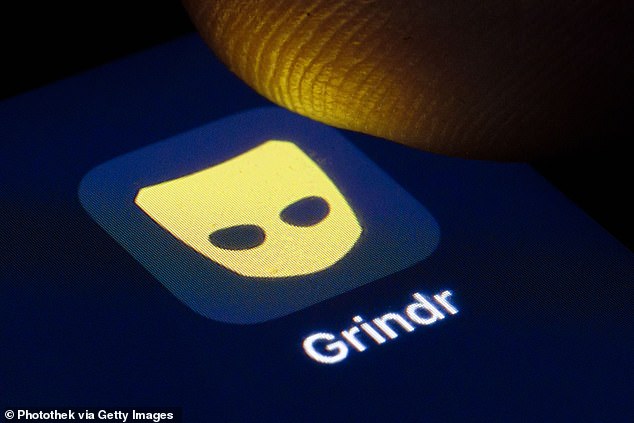
Grindr is a dating app for the LGBTQ community that launched in 2009 in Los Angeles
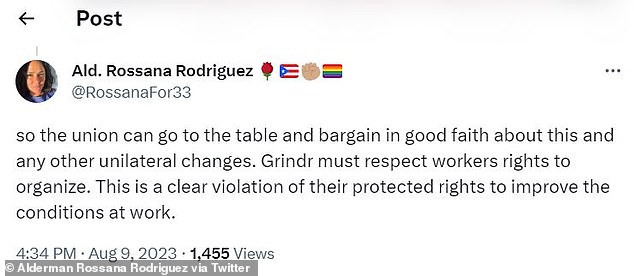
Unionists on X (formerly known as Twitter) speculated that Grindr’s return-to-office policy could be a response to workers’ unionization
Erick Cortez is a knowledge specialist on Grindr’s customer experience team and a member of the organizing group. He said, “These decisions have left Grindr dangerously understaffed and raise questions about the safety, security and stability of the app for users.”
Cortez said, “Clearly, Grindr wants employees to be silenced and deterred from exercising our right to organize, no matter the cost.”
A statement on Grindr United’s website reads: “We are members of the LGBTQIA+ community and strong allies working in the service of centering the queer experience. We are committed to the success of this organization and achieving it together by prioritizing the humanity and well-being of our users and ourselves as employees. As members and allies of communities that are systematically oppressed, we know that strength lies in working together, not alone.’
Grindr is the latest in a line of companies that have enforced a return-to-the-office policy.
Amazon CEO Andy Jassy told employees who refused to work in the office at least three days a week: “That probably won’t work for you.”

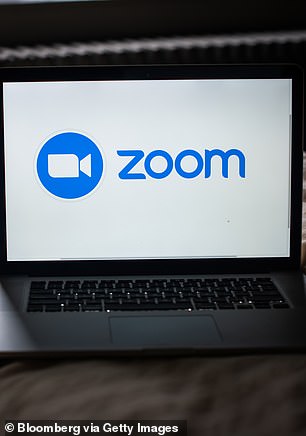
Grindr is the latest in a string of companies to enforce return-to-the-office policies, including Amazon and Zoom
Jassy told employees who choose to ignore his directive to consider leaving the company and was frustrated by the employees for not taking the return-to-office policy seriously.
In an ironic turn of events, Zoom even told their staff members to go back to the office.
Zoom was the go-to platform for working from home during the coronavirus pandemic, but now the video calling company has told its employees near its London office to work from the office at least twice a week.
Bankers at Lloyds and HSBC faced a crackdown on working from home, and Citi Bank employees had their bonuses cashed if they couldn’t come to the office at least three days a week.
